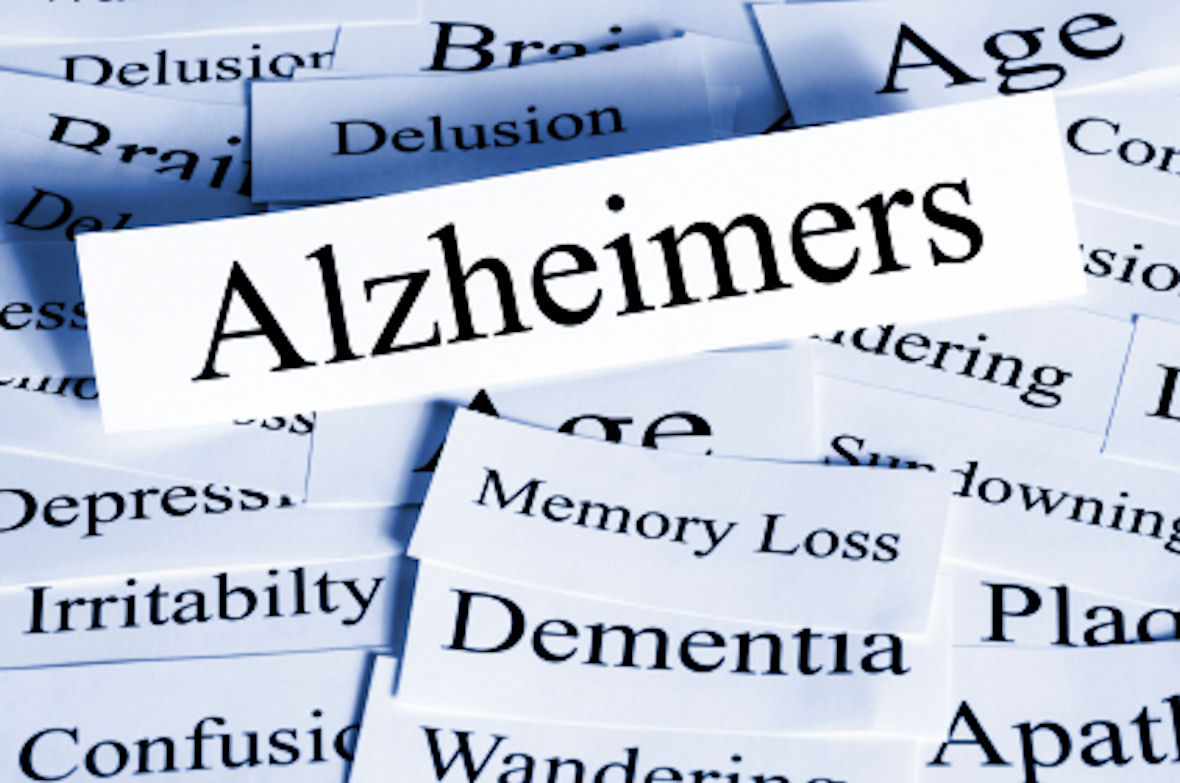Medication
The anti-dementia drug memantine is licensed for the treatment of severe dementia. It can help stabilise the condition and maintain important skills such as feeding and walking, and may improve symptoms of aggression and restlessness. In the UK, memantine is not approved by the National Institute of Health and Clinical Excellence (NICE) for routine use as part of NHS treatment and care, so access to it varies across the country.Other drugs that are frequently prescribed for behavioral symptoms such as aggression can have severe side-effects, and may increase the person’s confusion. Some people in the later stages of dementia are prescribed doses of drugs that are too high, or drugs that are no longer appropriate to their needs. Anyone who is concerned about the effects of the person’s medication should talk to their GP. It may be possible to alter the dose or change the medication. (See Factsheet 408, Dementia: drugs used to relieve behavioural symptoms.)
In the United States, memantine, as well as other drugs are approved for use in the treatment of AD. Please refer to Alzheimer’s Medications for more information.
Illness and discomfort
A person in the later stages of dementia may be unable to tell anyone that they feel ill or are in pain. A sudden change in behaviour or increase in confusion is often a sign that something is wrong. Anyone who suspects that the person is ill should contact their General Practitioner (GP) immediately.
Even if the person is not ill, they may be in discomfort. For example, they may be constipated, have sore gums or teeth, or be wearing uncomfortable shoes. If in the person may be in pain or discomfort, it is important to discuss this with the doctors or nurses responsible for their care.
Where Will the Person be Cared for?
Most people in the final stages of dementia live in a care home, although some may be in hospital and a few may still live at home.
- Home − If the person’s loved ones feel able to provide care for the person at home, they need to make sure that adequate community nursing and other forms of support are available. This information is available from the GP and social services.
- Care homes − Some care homes are prepared to care for people with dementia at the end of their lives. However, some interventions that are available in a hospital (see below) may not be available in a care home.
- Hospital − Most people with dementia who are admitted to hospital during the final stages are actually admitted because of another illness. If this is the case, it is important to make sure that hospital staff are aware of the person’s dementia.
- Hospices - Hospices offer palliative care when the illness is no longer treatable. Palliative care focuses on reducing physical and psychological distress and providing support to the family at the end of life. Most people in the late stages of dementia require good basic nursing care, which can be provided at home by the district nursing team or in nursing homes. A few have rather more complex symptoms or social problems, which may benefit from specialist input from hospices or palliative home care services. If in doubt, contact your local hospice to discuss the person’s needs.
If staff are not used to dealing with someone with dementia, the person’s partner or family may need to discuss their needs with the nurse in charge of the ward. Meanwhile, the person with dementia will need reassurance and a calm, simple explanation of what is happening.
What Interventions are Offered?
If someone in the later stages of dementia becomes seriously ill, there may be a discussion about whether to try to prolong their life or to allow them to die naturally. Interventions may include resuscitation after a heart attack, antibiotic treatment for pneumonia, or giving the person foods or liquids other than by mouth.
Resuscitation may be unsuccessful in people in the final stages of dementia, and even when it is successful, there is a risk of causing further brain damage.
Only the doctor can make the final decision about whether to give or withhold treatment in the final stages of dementia. However, the views of relatives and of the person with dementia should always be taken into account where possible.
It may be helpful if the person with dementia has put their wishes in writing at an earlier stage in the illness. See ‘What you can do: advance decisions’ below.
What is Likely to Cause the Person’s Eventual Death?
The life expectancy of a person with dementia is unpredictable, and the disease can progress for up to around ten years. Although dementia is a life-shortening illness, another condition or illness (such as bronchopneumonia) may trigger death and be given as cause of death on the death certificate.
The person’s ability to cope with infections and other physical problems will be impaired due to the progress of the disease, and the person may die because of a clot on the lung or a heart attack. However, in some people no specific cause of death is found, other than dementia. If the person is over 70, ageing may also be given as a contributory factor. Alternatively, the death of a person with dementia could be caused by a condition that is completely unrelated to their dementia.
Depending on the circumstances and the practices of the doctor, dementia may be entered on the death certificate as the sole or main cause of death, or as a contributory factor. If it has not been mentioned, you can ask the doctor to include it if you wish.
What You Can Do: Advance Decisions
Under the new Mental Capacity Act in the UK, people are strongly encouraged to write an advance decision (previously known as a living will or advanced directive), setting out the types of interventions they would not want doctors to provide at the end of their life. This is particularly important, as it means that people in the early stages of dementia have the opportunity to shape and make choices about any palliative care that they may need as the illness progresses. For more information about advance decisions and the Mental Capacity Act, see Factsheet 463, Advance decision (which includes a form to create an advance decision) and Factsheet 460, Mental Capacity Act 2005.
In the United States, several legal options are available. Please refer to the following links for more information.
- Advance Health Care Directives and Living Wills
- Durable Power of Attorney, Durable Power of Attorney for Health Care, and Revocable Living Trust
- Legal Issues in Planning for Incapacity
- Protective Proceedings: Guardianships and Conservatorships
Be sure to contact your attorney for a professional consultation.

For details of Alzheimer’s Society services in your area, visit alzheimers.org.uk/localinfo
For information about a wide range of dementia-related topics, visit alzheimers.org.uk/factsheets
In the United States, visit alz.org
Reviewed by: Professor Clive Ballard, Director of Research, Alzheimer’s Society
Pages: 1 2








